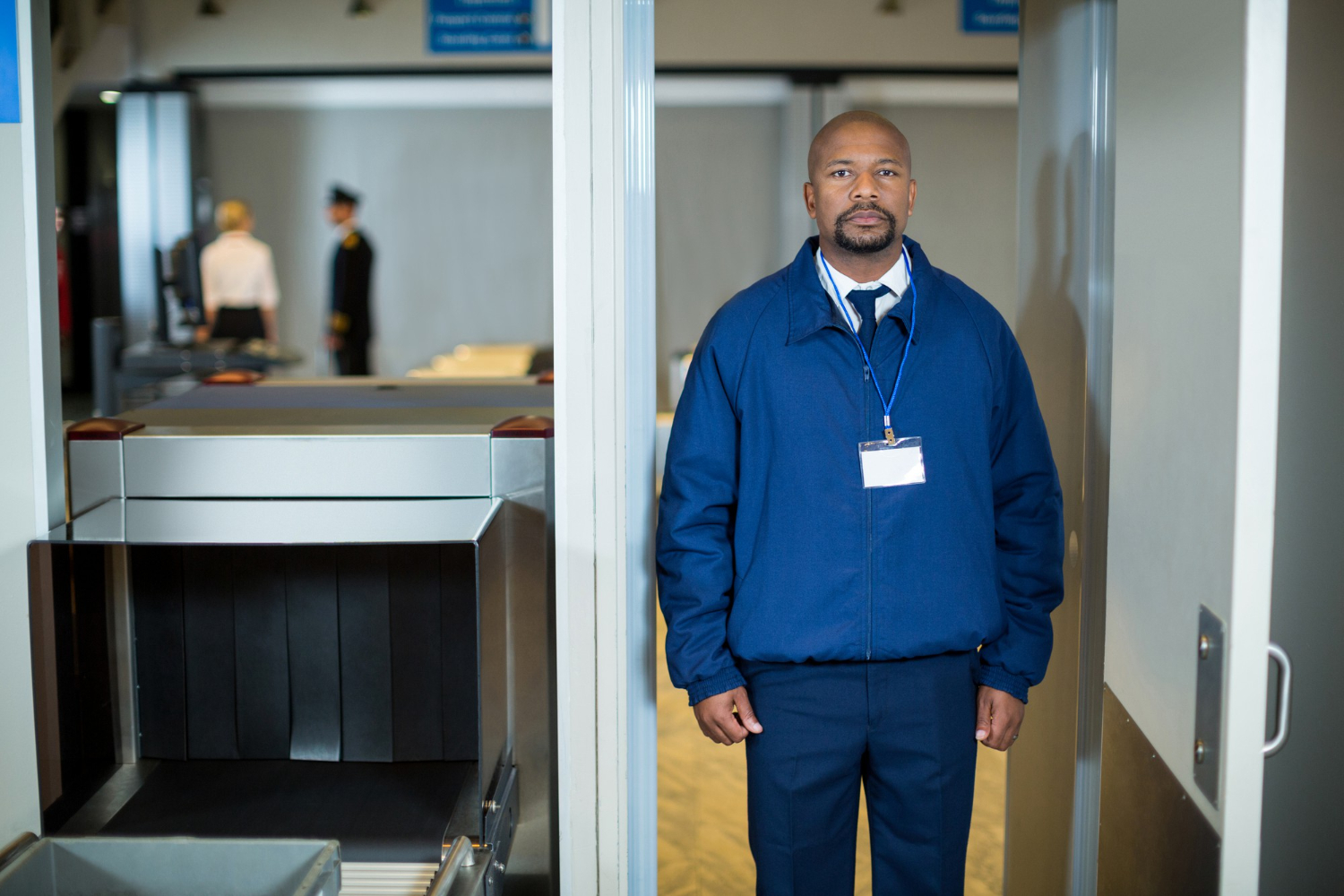
Healthcare Security
In an era where healthcare facilities face increasing threats from workplace violence to theft and vandalism, professional healthcare security services have become indispensable. Hospitals, clinics, and other medical establishments are not just places of healing; they are also high-traffic, high-risk environments that require continuous vigilance and expert protection.
This comprehensive guide explores the importance of healthcare security, the core services provided, and how professional security guards contribute to safer, more secure medical facilities.
Why Healthcare Security Is Essential
Protecting Lives and Critical Infrastructure
Healthcare environments are unique. They are open to the public 24/7, handle sensitive information, and house expensive equipment and life-saving drugs. Security breaches in such settings can result in serious consequences, including:
- Harm to patients and staff
- Theft of drugs and equipment
- Breach of patient confidentiality (HIPAA violations)
- Property damage and operational disruption
Rising Security Threats in Medical Facilities
Recent years have seen a rise in:
- Workplace violence, particularly in emergency rooms and psychiatric wards
- Theft of controlled substances and high-value medical devices
- Patient elopement from psychiatric or long-term care units
- Unauthorized access to restricted areas
- Data breaches from unsecured networks or physical theft
These threats highlight the need for specialized healthcare security personnel who understand both the environment and its risks.
Core Healthcare Security Services
1. On-Site Uniformed Security Guards
Highly trained guards stationed at hospital entrances, emergency rooms, and critical access points deter violence, theft, and unauthorized access. Their presence alone often discourages misconduct.
2. Patient and Staff Protection
Security guards monitor and escort vulnerable patients and staff, particularly in high-risk situations such as psychiatric evaluations, emergency room chaos, or employee terminations.
3. Access Control and Visitor Management
Hospitals deal with hundreds of visitors daily. Security personnel enforce visitor check-ins, ID verification, and badge distribution to control who enters secure areas.
4. Emergency Response Services
In case of an active threat, fire, or medical emergency, security guards are trained to respond swiftly, evacuate premises, and work with law enforcement and emergency responders.
5. Surveillance Monitoring (CCTV Operations)
Security teams monitor surveillance systems in real-time to identify suspicious behavior, prevent criminal activity, and assist in post-incident investigations.
6. Asset and Equipment Protection
Security officers ensure that high-value assets such as diagnostic equipment, medications, and computers are protected from theft or sabotage.
7. Conflict De-escalation and Crisis Management
Healthcare security guards are trained in de-escalation techniques, helping to resolve tense situations without force, especially involving distressed patients or aggressive visitors.
Specialized Security for Different Healthcare Settings
Hospitals and Trauma Centers
Large hospitals have complex infrastructures and high foot traffic. Security guards here manage:
- Emergency room protection
- Ambulance bay access
- Visitor restrictions after hours
- Psychiatric ward security
Clinics and Urgent Care Centers
These smaller facilities often operate with minimal staff. Security personnel:
- Patrol parking lots and entrances
- Monitor suspicious visitors
- Assist in patient confrontations or mental health crises
Psychiatric Facilities
These centers require security staff trained in:
- Handling aggressive or suicidal patients
- Preventing self-harm or harm to others
- Maintaining secure, calm environments
Long-Term Care Facilities and Nursing Homes
Guards at these facilities assist with:
- Preventing the elopement of elderly residents
- Managing visitors
- Protecting against elder abuse or theft
The Role of Technology in Healthcare Security
Integration of Surveillance Systems
Modern security services integrate CCTV, motion sensors, and facial recognition technology to monitor sensitive zones like medication rooms and server storage areas.
Access Control Systems
Use of keycards, biometric scanners, and secured passcodes limit unauthorized access to labs, pharmacies, and data centers.
Real-Time Incident Reporting
Security officers utilize mobile apps and digital platforms to document incidents immediately, enabling rapid response and data collection for investigations.
Qualities of an Effective Healthcare Security Guard
Professional Training and Licensing
Reputable healthcare security officers are:
- Certified in first aid and CPR
- Trained in HIPAA compliance
- Educated in mental health crisis intervention
- Knowledgeable about emergency evacuation procedures
Strong Communication Skills
Security guards must interact professionally with patients, staff, and the public, often acting as the first point of contact in stressful situations.
Cultural Sensitivity and Compassion
Healthcare is a service industry. Guards must treat all individuals, patients, staff, and visitors with empathy and dignity, especially in emotionally charged scenarios.
Benefits of Professional Healthcare Security Services
1. Improved Patient Confidence
Visible security enhances patients’ sense of safety, encouraging trust in the facility’s operations and care quality.
2. Safer Working Conditions for Staff
Security services protect doctors, nurses, and administrative workers from verbal abuse, assault, and harassment, especially during night shifts or in ER settings.
3. Enhanced Regulatory Compliance
Security personnel ensure compliance with regulations such as:
- HIPAA (Health Insurance Portability and Accountability Act)
- OSHA (Occupational Safety and Health Administration)
- The Joint Commission standards for hospital accreditation
4. Reduced Financial Losses
Preventing theft of drugs, devices, or personal property helps healthcare facilities avoid costly losses and insurance claims.
5. Rapid Incident Response
Trained guards can address disturbances or violence before police arrive, minimizing the escalation and ensuring public safety.
Choosing the Right Healthcare Security Provider
Evaluate Experience in the Medical Sector
Look for companies with proven experience providing security for hospitals, clinics, or nursing homes. This ensures their team understands medical protocols and patient confidentiality.
Verify Licensing and Certification
Security firms should be fully licensed, insured, and compliant with state and federal regulations.
Ensure 24/7 Availability
Healthcare emergencies don’t follow business hours. Your security provider must offer 24/7 monitoring, support, and rapid response.
Custom Security Plans
The best firms offer tailored security solutions based on:
- Facility size and location
- Type of medical services offered
- Volume of foot traffic
- Specific threats or history of incidents
How Healthcare Facilities Can Support Security Operations
Train Medical Staff in Security Awareness
Simple practices like reporting suspicious behavior or securing personal items help support the overall security strategy.
Maintain Open Communication Channels
Encourage collaboration between healthcare staff and security personnel through briefings, debriefings, and reporting systems.
Review Security Plans Annually
Conduct regular audits and drills to identify vulnerabilities and improve incident response protocols.
Conclusion
Healthcare security services are vital to maintaining order, protecting lives, and ensuring trust within medical environments. From preventing violence to safeguarding medical assets, trained security guards play an essential role in modern healthcare systems.
Whether you operate a large trauma center, a psychiatric unit, or a small urgent care clinic, investing in reliable, professional healthcare security guards is not just a precaution, it’s a necessity.
Partner with a Trusted Healthcare Security Provider
If you’re ready to enhance the safety and operational efficiency of your healthcare facility, connect with a trusted security service provider who understands the unique demands of the medical field. A proactive security strategy protects not just your assets, but your reputation and the lives of those in your care.
